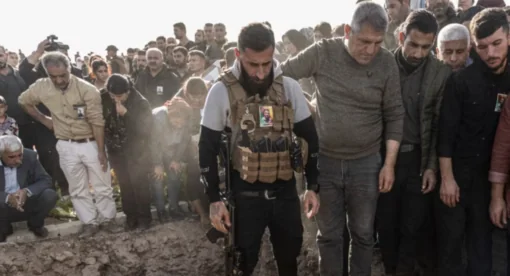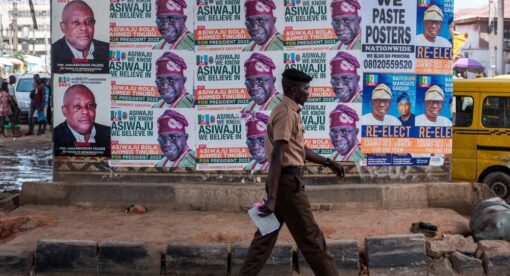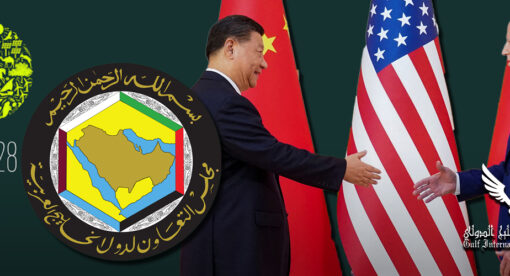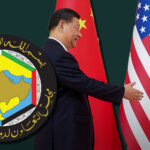Not really, but there are some encouraging signs.
Diplomats hailing from Bahrain, Oman, Saudi Arabia, the United Arab Emirates, Iraq, Jordan, Iran and France recently convened in the King Hussein Bin Talal Convention Center on Jordan’s Dead Sea coast for a widely anticipated conference. Dubbed the “Baghdad II conference,” the event was held to address Iraq’s mounting security challenges: the resurgence of the Islamic State, infighting among militias, foreign attacks, and the competition over natural resources. The conference bore little fruit; the closing communique only vaguely encouraged continued international cooperation without spelling out any definitive action items.
But officials didn’t walk away completely empty-handed. One unexpected, but notable, takeaway from Baghdad II was the signaling from Iranian diplomats that Tehran could be ready to engage – and perhaps even resume ties – with one of its greatest regional rivals: Saudi Arabia.
Specifically, Iran’s foreign minister said that Iran was ready to resume ties “when Riyadh is willing to,” a departure from more hawkish statements exchanged with Saudi Arabia ever since the countries froze diplomatic relations in January 2016. The hints from Baghdad II follow incremental efforts to forge dialogue between Iran and Saudi Arabia, and come amid economic and political challenges that have forced both countries to reconsider their foreign policies. But while Iran and Saudi Arabia may appear to be inching closer to deescalation, conditions are not quite yet ripe for the two rivals to engage in substantive rapprochement. While they wish to avoid major escalation, constraints will continue to prevent any full-fledged resumption of ties.
Saudi Arabia and Iran are under pressure. In an attempt to double down on Vision 2030 projects and capitalize on the momentum from the 2022 World Cup, Saudi Arabia wants to maintain security in the region. For Riyadh, a stable Gulf ensures stable flows of international investment, trade, infrastructure development and engagement that advance its goal to diversify its economy from its oil sector. Any attack from Iran – such as the one on Aramco facilities in 2019 – would derail this strategy.
Read the rest in Geopolitical Futures.











